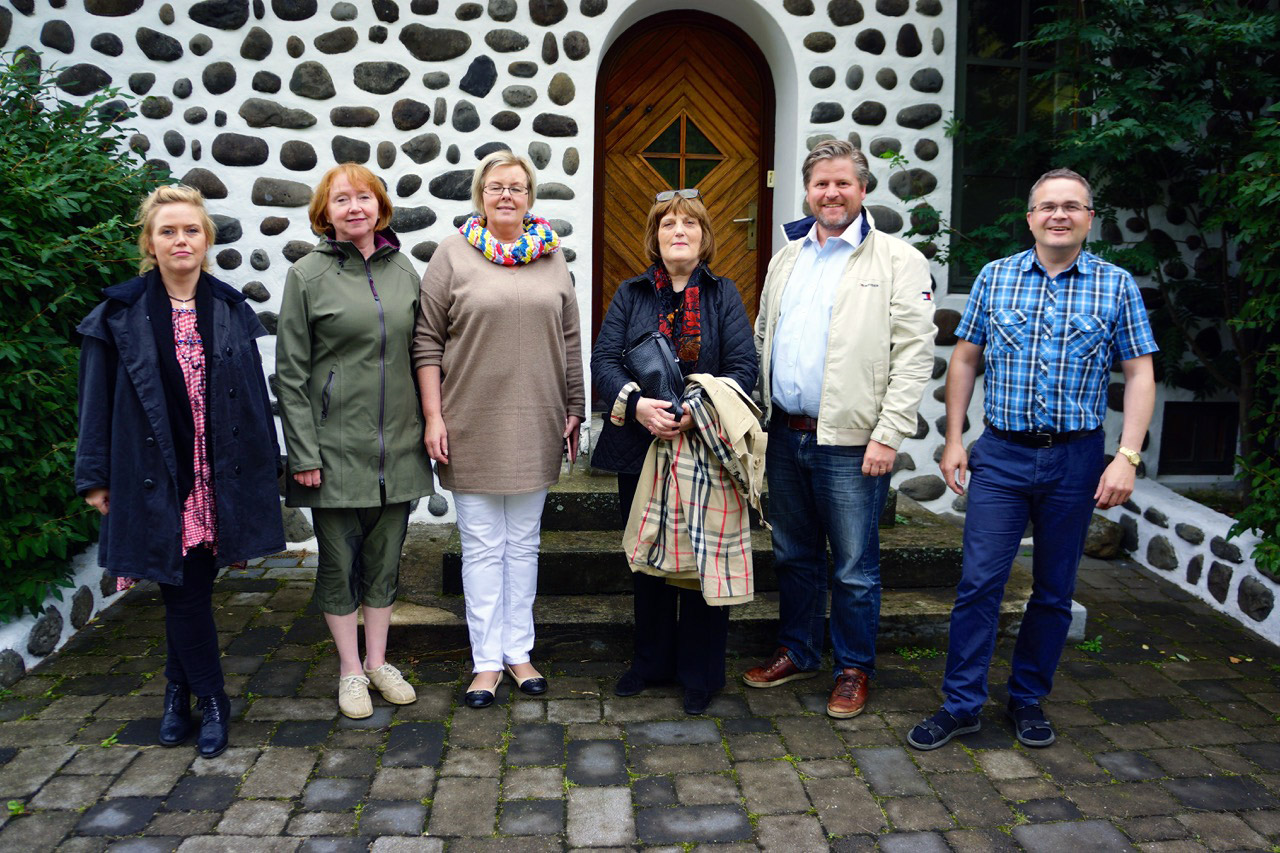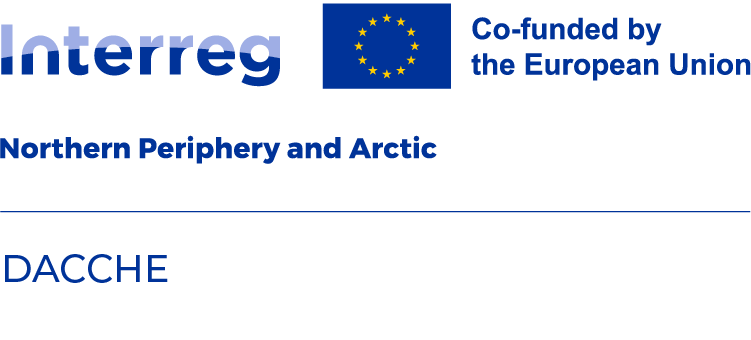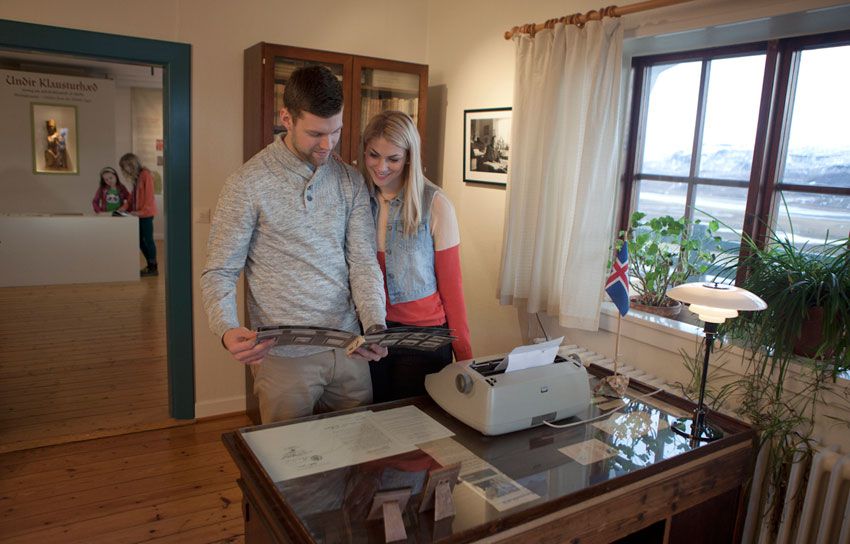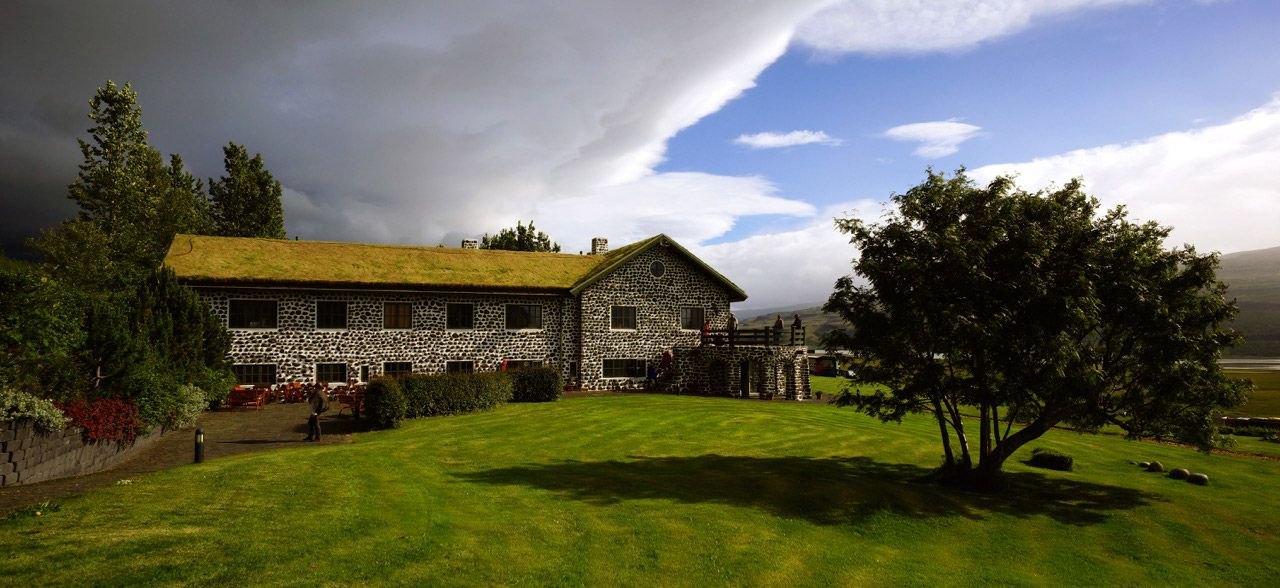Digital Action on Climate Change on Heritage Environments (DACCHE)
About the project:
Climate change presents a clear and present danger to the culture, heritage and life of communities in the NPA region. Heritage organisations are key actors in climate dialogue, motivating communities and visitors through awareness and action. Digital Action on Climate Change with Heritage Environments (DACCHE) facilitates the use of local knowledge and equips communities to preserve cultural landscapes, with digital solutions and methods for communication of climate stories, and actionable strategies for land restoration, instilling advocacy in the face of a rapidly changing environment.
Cultural landscapes combine works of both nature and humankind, and are home to communities and their heritage. Landscapes, archaeological sites, artefacts, and intangible practice threaten human legacy through temperature variance, rising sea levels, and extreme weather conditions.
Local capacity is strongest when given tools and pathways for democratised agency. The development of frameworks, toolkits and solutions to elevate community voices through citizen science monitoring of heritage sites leverages knowledge exchange to contribute to equitable action for sustainable land management. Generation of simulated climate futures using state of the art emergent technologies and rich exhibiting to communicate climate stories invigorates new audiences to action. Enthusiasm is harnessed through land restoration and ecosystem management, feeding back into investment in the landscape, climate impacts, and positive mitigation.
DACCHE investigates how organisations can leverage emergent technologies to build local capacity for climate change adaptation, risk prevention and disaster resilience. By leveraging community knowledge and approaching new challenges from the perspective of “learning through heritage” we motivate and enable tourists, youth, local people and authorities to inspire behavioural changes for societal and environmental benefits, progressing to global net zero.
Project's webpage: https://www.interreg-npa.eu/projects/dacche/
Partners/Partnership:
- Jamtli Foundation, Sweden
- Gunnar Gunnarsson Institute, Iceland
- Centre for Digital Humanties and Arts, University of Iceland, Iceland
- Donegal County Museum, Ireland
- Faroe Islands National Museum, Faroe Islands
- Nordic Centre of Heritage Learning & Creativity, Sweden
Project's duration:
July 2023 – June 2026
Budget:
The total project budget is 1.448.871,57 EUR of which 584.285,78 EUR from EU funds.







